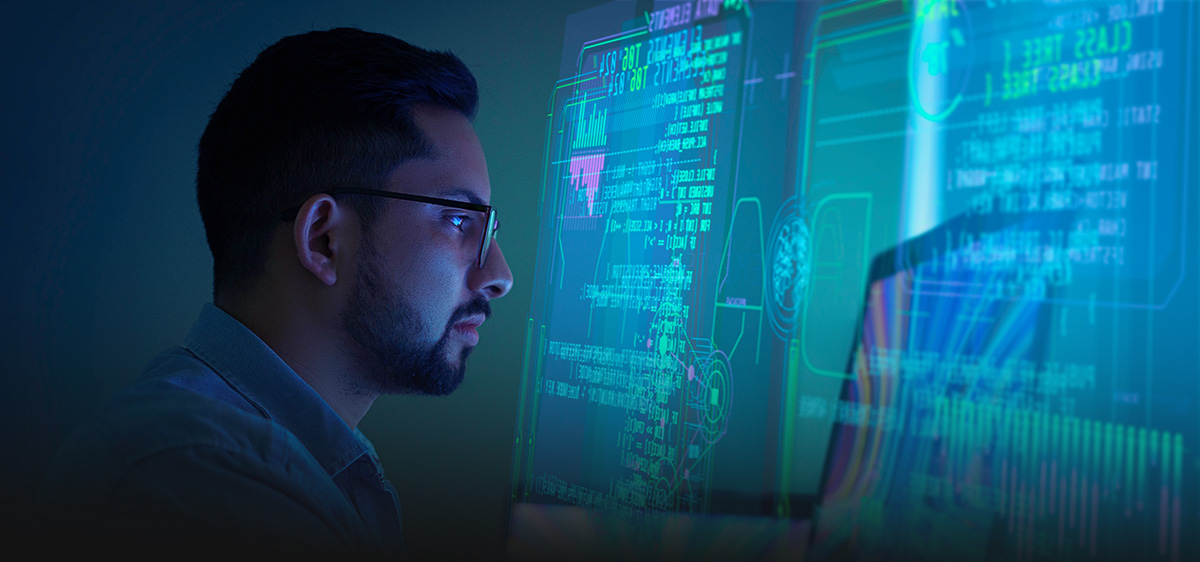Debunking 5 Reasons Businesses Use to Not Invest In Computer Security

The rise of malware seems to have passed some people by. As the ranks of cybercriminals grow and they find new ways to exploit our systems and steal our data, a lot of computer users and small-business owners have convinced themselves that it won’t happen to them.
Here are five common excuses that explain why some people think they don’t need computer security and the reasons why they do.
“I have nothing to hide.”
Just because you don’t have risqué photos on your hard drive or a dossier of state secrets doesn’t mean you have nothing to hide. Do you want criminals to get their hands on your personal details? You’d be surprised at what they could do with your name, address and Social Security number. Imagine if they got your credit card numbers or bank account details. They may not be able to steal as much by attacking a small business as they could from a large one, but if it’s easier to do and they can get away with it, they will.
“I have old software or hardware.”
You have this expensive piece of legacy software, or some aging hardware that won’t play nice with the latest platform. It’s a classic excuse to stick with old operating systems or avoid important security updates. If you have an old system that’s no longer supported, the latest exploits and breaches won’t be patched. If you don’t keep up with the latest updates, you’re an easy target.
“I hate it when my computer slows down.”
Any software you run is going to have some kind of overhead, and security software does impact your system speed. But so does a hard drive full of malware. The truth is that a lot of modern security software is deliberately designed to have a light footprint. Schedule major scans for quiet times, tweak the settings and you shouldn’t have to deal with a major speed bump.
Is it really worth shaving off a few extra seconds by ditching encryption or using a simple password?
“I only visit trustworthy sites.”
It doesn’t take much to run into trouble. Click the wrong link in your search results, follow the link in an email, or tap a duplicitous ad and you’ve invited malware onto your system. Phishing scams use exact replicas of real websites and trusted brands. Third-party ad providers can be hacked, allowing legitimate sites to be compromised.
“I have a Mac or an iPhone.”
The idea that certain platforms are immune to threat is false. Both iOS and Mac OS are at risk from malware just like every other platform, and you should take precautions to safeguard your system. Criminals tend to attack the most popular platforms and while they prefer the path of least resistance, they’re always adapting and coming up with new exploits and attacks. Any platform with millions of users is a target.
The argument for computer security is classic common sense. Look at what you stand to lose and compare it with the relatively low cost of safeguarding your system.
By Michelle Drolet, Founder and CEO, Towerwall
Special to Worcester Business Journal Online
This article was recently published in Worcester Business Journal Online


